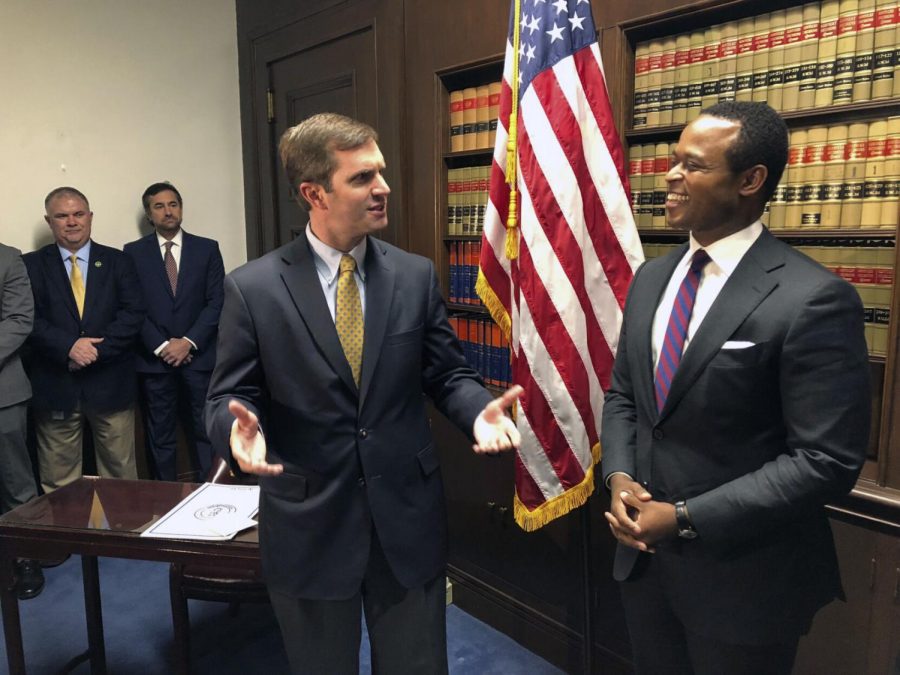Kentucky takes steps to combat unemployment fraud
April 6, 2021
(The Center Square) – In an attempt to combat fraudulent unemployment claims, Kentucky Gov. Andy Beshear recently signed an executive order to establish a task force that will include both state and federal officials.
Beshear assigned five Kentuckians to the panel. They are Kentucky State Police Acting Commissioner Phillip “P.J.” Burnett, state Department of Homeland Security Executive Director Josh Keats, state CIO Ruth Day, Kentucky Transportation Secretary Jim Gray and state Unemployment Insurance Executive Director Buddy Hoskinson.
The move comes after the state said Friday it would prohibit filers from changing bank account information with the unemployment office. That happened, the governor said, after people started recently reported a rash of unauthorized changes to the state.
“In its newest form, the fraudulent activity occurs when criminals exploit unsophisticated pin numbers created by claimants used in conjunction with publicly available information obtained from other sources on the internet,” Beshear said.
This is not an issue exclusive to Kentucky. The governor noted that nationwide $63 billion has been doled out in fraudulent claims.
Despite the somewhat unsophisticated nature of the illegal activity, he added that the work is the orchestration of elaborate criminal groups. Because of that, Beshear said he’s asking the FBI, both of the state’s U.S. Attorney’s offices and the state attorney general, among others, to participate.
The state has already started making changes to its claim filing system as well. That includes cutting paper checks for all new claimants effective immediately. Eventually, all claimants will be required to create a more complex personal identification number.
Kentucky has battled issues with its unemployment system for more than a year. Business closures ordered as a result of the pandemic led to a flood of new applications, and the governor has blamed an antiquated and understaffed system for being unable to meet up with demand.
A report from the state auditor’s office revealed that the state chose to pay some claims without verifying eligibility. However, at the same time, hundreds of thousands of emails sent to the state inquiring about their claims went unanswered as they were sent to a backlog account. By last November, six months after messages were received, more than 400,000 were still unread.













